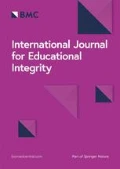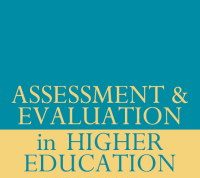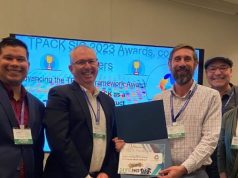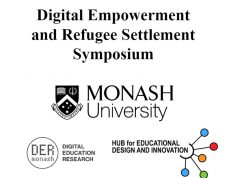This chapter adds to our understanding of learner engagement in terms of learner cognition while experiencing lessons in Second Life. The context of this research is in Higher Education second language acquisition. The methodology and implications are useful for others wanting to identify thinking processes students utilise during virtual world lessons. The stimulated recall methodology, centred within Information Processing Theory and a Mediating Process Paradigm, is described along with the screen capture technology utilised for the stimulated recall interviews. The data revealed that all students reported a variety of cognition, five particular forms were commonly reported as most frequent: affect, strategy planning, evaluating, metacognising, and justifying. This chapter explains this pattern, thereby beginning to unravel the complex relationship between learner cognition, instructional design and other triggers. A series of conclusions are made relating to instructional design to support learners’ cognitive engagement.
Henderson, M., Henderson, L., Grant, S., & Huang, H. (2018). Cognitive Engagement in Virtual Worlds Language Learning. In Authentic Virtual World Education (pp. 117-134). Springer, Singapore. https://doi.org/10.1007/978-981-10-6382-4







